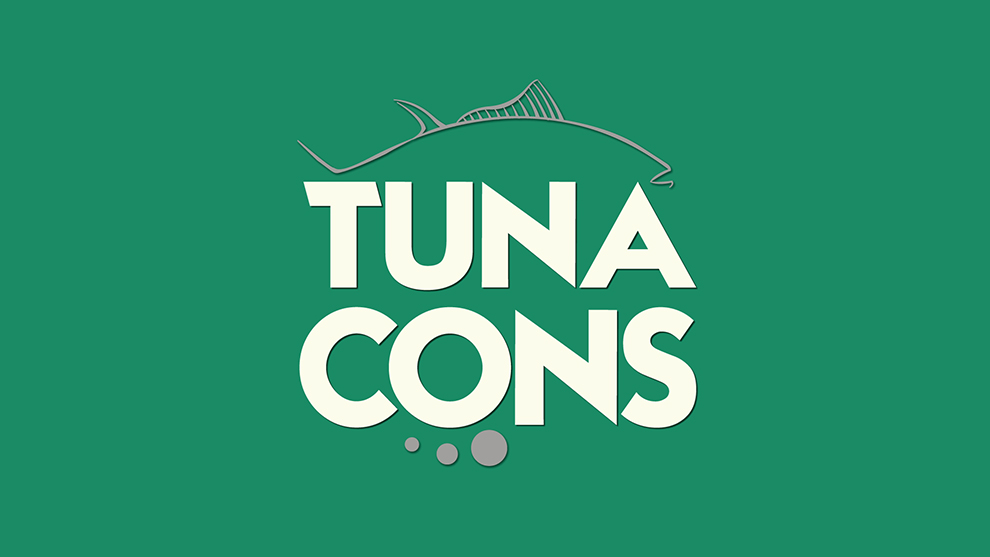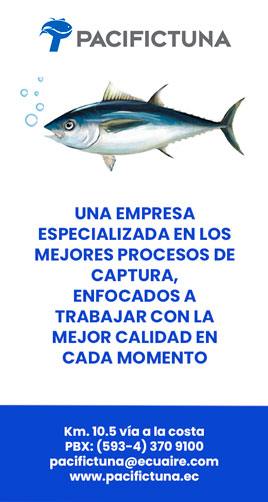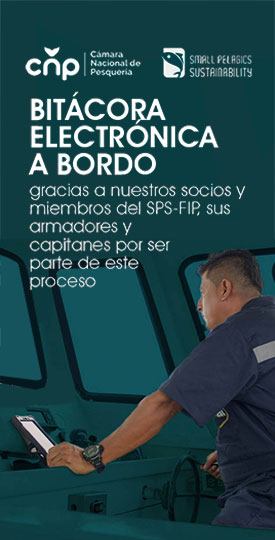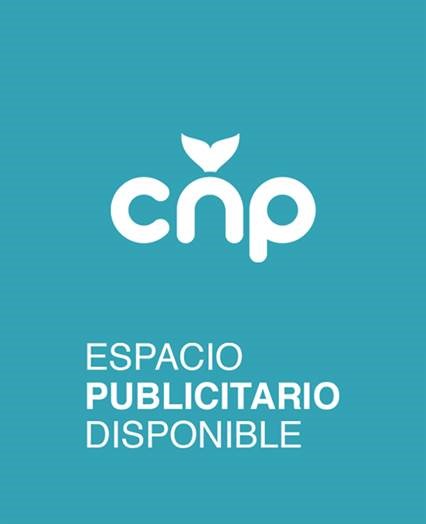A partir de las próximas semanas comienzan los trabajos de inicio de Evaluación completa con la empresa SCGlobal para la certificación del Marine Stewardship Council (MSC) de la pesquería con red de cerco para atunes para lances sobre brisas y plantados en el Océano Pacifico Oriental (OPO). Está previsto terminar en octubre 2020. La flota que opera en las empresas que son parte del Tuna Conservation Group (Tunacons) buscaran ser las primeras en lograr certificar sobre brisas y plantados a nivel del OPO.
Desde la pre-evaluación de la pesquería de Atunes con red de cerco del OPO en 2016, las 5 empresas miembro de TUNACONS que son Negocios Industriales Real (NIRSA), Grupo Jadran, Servigrup, Eurofish y Tri Marine, han trabajado juntos durante tres años en la ejecución del Plan de Acción a través de este Proyecto de Mejora (PMP o FIP por sus siglas en inglés) para certificar su pesquería con el sello azul de pesca responsable MSC.
El FIP ha sido un trabajo previo a la certificación con apoyo del gobierno nacional y del Fondo Mundial para la Naturaleza WWF Ecuador, necesario para preparar y fortalecer la administración y gestión de la pesquería en temas de manejo de pesca incidental, desarrollo de plantados degradables, cooperación científica con CIAT, Plan Nacional del Atún, etc., que contribuye al cumplimiento de los criterios de evaluación correspondientes a los tres principios que exige el MSC.
Entrevista al Director del Proyecto, Ing. Guillermo Morán:
¿Qué significa para TUNACONS iniciar un proceso de certificación de MSC?
Para el grupo de compañías que forman parte de TUNACONS, es un paso comercial importante después de casi tres años de implementación de un FIP que nos ha ayudado a prepararnos para esta evaluación completa para buscar la certificación MSC. Demuestra su firme compromiso con la sostenibilidad de la pesca y los mercados donde se necesita.
¿Esperas obtener la certificación MSC?
Definitivamente sí, estamos seguros de que esta pesquería se maneja con mayor responsabilidad y está dentro de los criterios del MSC.
¿Cuáles son los mayores desafíos para obtener esta certificación?
Mantener en buen estado las poblaciones de atunes tropicales en el OPO, mantener programas de buenas prácticas en el manejo de la captura incidental, y lograr un buen sistema de manejo para la pesquería, especialmente en las parcelas de arroz.
¿Qué haría una certificación MSC para el mercado / Ecuador o la región?
En nuestra opinión, lograr la certificación MSC es asumir un compromiso ambiental con los consumidores en los mercados donde las empresas envían sus productos. Las empresas ecuatorianas se han acostumbrado a asumir diferentes compromisos con los mercados, por lo que este es un compromiso adicional muy importante.
¿Cuáles son los próximos pasos?
Bueno, ahora está trabajando con el CAB contratado sobre la base del cronograma propuesto para tomar todos los pasos con el objetivo de cumplir con el proceso completo de evaluación para lograr la certificación MSC de la pesquería.
¿Cómo se siente saber que tunacons puede ser los primeros en lograr este tipo de certificación?
TUNACONS estaría muy contento de ser el primero en obtener la certificación MSC para la pesquería de atún con redes de cerco en Brisas y FADs en el Océano Pacífico Oriental. Si las empresas que forman parte de TUNACONS pueden ser un buen ejemplo para alcanzar los estándares de sostenibilidad de pesca existentes en el momento en que son las de MSC, lo hacemos con gusto.
Trabajando juntos por un ecosistema marino sano, Tunacons.
FIP TUNACONS announces the start of the full Assessment towards the MSC certification.
In the next few weeks start the Full Assessment for the certification of the Marine Stewardship Council (MSC) of the purse seine fishery for tunas school fish sets and FADs in the Eastern Pacific Ocean (EPO). It is scheduled to end in October 2020. The fleet that operates for the companies members of the Tuna Conservation Group (Tunacons) will seek to be the first to achieve certification on school fish sets and FADs at EPO level.
Since the pre-assessment of the purse seine Tuna fishery of the EPO in 2016, the 5 TUNACONS´ member companies; Real Industrial Businesses (NIRSA), Jadran Group, Servigrup, Eurofish and Tri Marine, have worked together for three years in the implementation of the Work Plan through this Improvement Project (FIP for its acronym in English) to certify their fishery with the blue seal of responsible fishing MSC.
The FIP was a pre-certification work, with the support of the national government and the Ecuador World Fund for Nature (WWF), necessary to prepare and strengthen the management of the fishery on incidental fishing management issues, development of degradable FADs, scientific cooperation with IATTC, National Tuna Plan, etc., which contributes to the fulfillment of the Assessment criteria corresponding to the three principles required by the MSC.
What does it mean for TUNACONS to start an MSC certification process?
For the group of companies that are part of TUNACONS, it is a significant business step after almost three years of implementing a FIP that has helped us prepare for this complete evaluation to seek MSC certification. It demonstrates its strong commitment to the sustainability of the fishery and the markets where it is needed.
Do you expect to obtain MSC certification?
Definitely yes, we are sure that this fishery is handled more and more responsibly and is within the criteria of the MSC.
What are the biggest challenges to obtain this certification?
Maintain the populations of tropical tunas in the EPO in good condition, sustain good practice programs in the management of by-catch, and achieve a good management system for the fishery, especially in sets on paddies.
What would an MSC certification do for the market / Ecuador or the region?
In our opinion, achieving the MSC certification is to assume an environmental commitment with consumers in the markets where companies send their products. The Ecuadorian companies have been accustomed to assume different commitments with the markets so this is a very important additional commitment.
Which are the next steps?
Well now it is working with the CAB hired on the basis of the proposed timeline to take all the steps with the objective of complying with the complete evaluation process to achieve the MSC certification of the fishery.
How does it feel to know that the tunacones may be the first to achieve this type of certification?
TUNACONS would be very pleased to be the first to achieve the MSC certification for the tuna fishery with purse seines in Brisas and FADs in the Eastern Pacific Ocean. If the companies that are part of TUNACONS can be a good example in achieving to reach the standards for the fishing sustainability that exist at the moment that they are those of MSC, because we do it with pleasure.
Working together for a healthy marine ecosystem, Tunacons.



